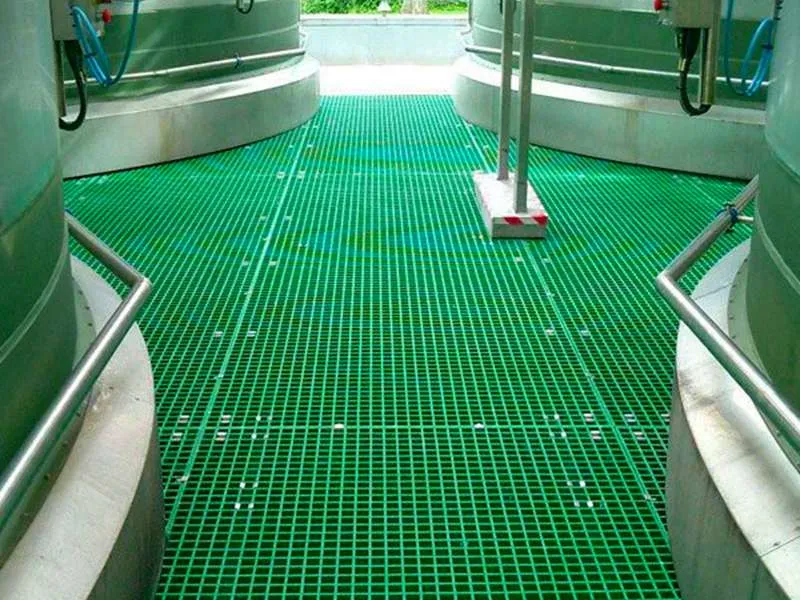
-
 Afrikaans
Afrikaans -
 Albanian
Albanian -
 Amharic
Amharic -
 Arabic
Arabic -
 Armenian
Armenian -
 Azerbaijani
Azerbaijani -
 Basque
Basque -
 Belarusian
Belarusian -
 Bengali
Bengali -
 Bosnian
Bosnian -
 Bulgarian
Bulgarian -
 Catalan
Catalan -
 Cebuano
Cebuano -
 China
China -
 China (Taiwan)
China (Taiwan) -
 Corsican
Corsican -
 Croatian
Croatian -
 Czech
Czech -
 Danish
Danish -
 Dutch
Dutch -
 English
English -
 Esperanto
Esperanto -
 Estonian
Estonian -
 Finnish
Finnish -
 French
French -
 Frisian
Frisian -
 Galician
Galician -
 Georgian
Georgian -
 German
German -
 Greek
Greek -
 Gujarati
Gujarati -
 Haitian Creole
Haitian Creole -
 hausa
hausa -
 hawaiian
hawaiian -
 Hebrew
Hebrew -
 Hindi
Hindi -
 Miao
Miao -
 Hungarian
Hungarian -
 Icelandic
Icelandic -
 igbo
igbo -
 Indonesian
Indonesian -
 irish
irish -
 Italian
Italian -
 Japanese
Japanese -
 Javanese
Javanese -
 Kannada
Kannada -
 kazakh
kazakh -
 Khmer
Khmer -
 Rwandese
Rwandese -
 Korean
Korean -
 Kurdish
Kurdish -
 Kyrgyz
Kyrgyz -
 Lao
Lao -
 Latin
Latin -
 Latvian
Latvian -
 Lithuanian
Lithuanian -
 Luxembourgish
Luxembourgish -
 Macedonian
Macedonian -
 Malgashi
Malgashi -
 Malay
Malay -
 Malayalam
Malayalam -
 Maltese
Maltese -
 Maori
Maori -
 Marathi
Marathi -
 Mongolian
Mongolian -
 Myanmar
Myanmar -
 Nepali
Nepali -
 Norwegian
Norwegian -
 Norwegian
Norwegian -
 Occitan
Occitan -
 Pashto
Pashto -
 Persian
Persian -
 Polish
Polish -
 Portuguese
Portuguese -
 Punjabi
Punjabi -
 Romanian
Romanian -
 Russian
Russian -
 Samoan
Samoan -
 Scottish Gaelic
Scottish Gaelic -
 Serbian
Serbian -
 Sesotho
Sesotho -
 Shona
Shona -
 Sindhi
Sindhi -
 Sinhala
Sinhala -
 Slovak
Slovak -
 Slovenian
Slovenian -
 Somali
Somali -
 Spanish
Spanish -
 Sundanese
Sundanese -
 Swahili
Swahili -
 Swedish
Swedish -
 Tagalog
Tagalog -
 Tajik
Tajik -
 Tamil
Tamil -
 Tatar
Tatar -
 Telugu
Telugu -
 Thai
Thai -
 Turkish
Turkish -
 Turkmen
Turkmen -
 Ukrainian
Ukrainian -
 Urdu
Urdu -
 Uighur
Uighur -
 Uzbek
Uzbek -
 Vietnamese
Vietnamese -
 Welsh
Welsh -
 Bantu
Bantu -
 Yiddish
Yiddish -
 Yoruba
Yoruba -
 Zulu
Zulu
fiberglass insulation tank
Fiberglass Insulation Tanks Efficiency and Benefits
In the quest for energy efficiency and sustainability, fiberglass insulation tanks have emerged as a practical solution for both residential and commercial applications. These tanks, designed for storing liquids or gases, are constructed with materials that offer superior insulation properties, ensuring minimal heat loss or gain. This article explores the advantages and applications of fiberglass insulation tanks.
One of the most significant benefits of fiberglass insulation tanks is their thermal efficiency. The insulating properties of fiberglass allow these tanks to maintain the desired temperature of the contents, whether they are hot or cold. This is particularly important in industries such as food and beverage, pharmaceuticals, and chemicals, where temperature control can affect the quality and safety of products. By minimizing temperature fluctuations, businesses can save on energy costs while enhancing product integrity.
Durability is another key advantage. Fiberglass is resistant to corrosion, chemicals, and a range of environmental conditions, making it an ideal choice for storing a variety of liquids. Unlike traditional materials such as steel or plastic, fiberglass does not rust or degrade over time, ensuring a longer service life. This durability not only reduces replacement costs but also lessens the environmental impact associated with producing and disposing of tanks.
fiberglass insulation tank

The lightweight nature of fiberglass insulation tanks is also a crucial factor, particularly in installations where weight is a concern. This allows for easier handling and installation, reducing labor costs and minimizing the need for heavy equipment. Additionally, fiberglass tanks can be manufactured in a variety of shapes and sizes, making them adaptable to specific space and capacity requirements.
Fiberglass insulation tanks also promote safety. Their smooth surfaces and corrosion-resistant properties reduce the likelihood of leaks, spills, or contamination. This is especially vital in industries where hazardous materials are stored, as it helps protect both workers and the environment.
Moreover, the insulation properties of fiberglass contribute to noise reduction. In settings where sound control is important, such as manufacturing plants, these tanks can help maintain a quieter working environment.
In conclusion, fiberglass insulation tanks offer a range of benefits that enhance efficiency, durability, and safety. Their ability to maintain consistent temperatures not only lowers energy costs but also ensures the quality of stored materials. With their resistance to corrosion, lightweight construction, and adaptability, fiberglass tanks stand out as a reliable choice for businesses aiming to optimize their storage solutions. As industries continue to prioritize sustainability and efficiency, the use of fiberglass insulation tanks is likely to grow, providing a practical answer to modern storage challenges.
Latest news
-
Exploring the Benefits of Top Hammer Drifter Rods for Enhanced Drilling PerformanceNewsJun.10,2025
-
High-Precision Fiberglass Winding Machine for GRP/FRP Pipe Production – Reliable & Efficient SolutionsNewsJun.10,2025
-
FRP Pipes & Fittings for Shipbuilding - Corrosion-Resistant & LightweightNewsJun.09,2025
-
Premium FRP Flooring Solutions Durable & Slip-ResistantNewsJun.09,2025
-
Premium Fiberglass Rectangular Tanks Durable & Lightweight SolutionNewsJun.09,2025
-
Tapered Drill String Design Guide Durable Performance & UsesNewsJun.09,2025









